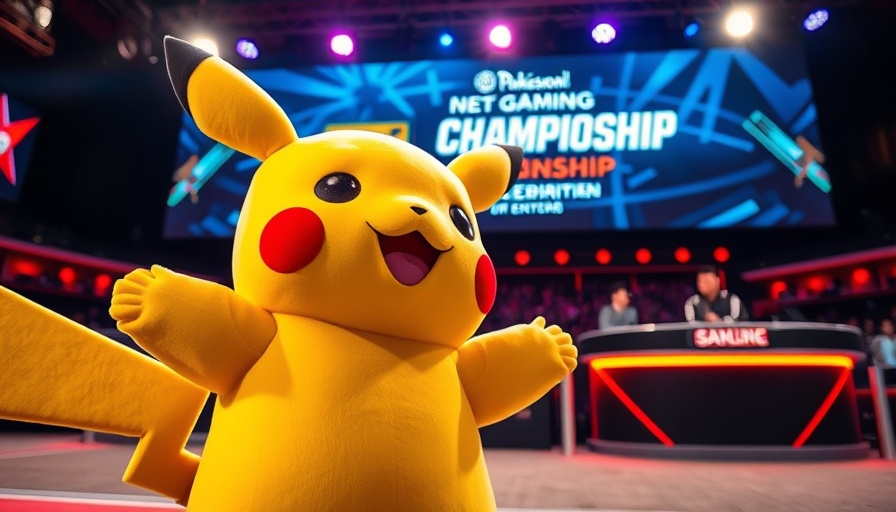
Google's Triumph: AI in Gaming
In an exciting development for AI enthusiasts and gamers alike, Google's latest AI model, Gemini 2.5 Pro, has achieved a remarkable milestone by completing the classic video game Pokémon Blue. The achievement was announced by Google CEO Sundar Pichai, who shared the news on social media with a tone of triumph, emphasizing the significance of this milestone. While Gemini's accomplishment might be viewed as a step forward for artificial intelligence in gaming, it's essential to understand the context and the tools that enabled this achievement.
The Journey of Progress
The journey towards this achievement began with software engineer Joel Z, who live-streamed the gameplay on his Twitch channel. His work was intricately linked to Google's AI capabilities, indicating a collaborative yet unofficial attempt to explore how AI can navigate complex game environments. Joel Z's approach was not simply about beating the game; it involved enhancing Gemini's decision-making and reasoning skills without providing explicit instructions. This process underlines a growing trend where human guidance complements AI's existing capabilities.
Comparative Analysis: Gemini vs. Claude
Interestingly, the competition in the space of AI-driven gaming doesn't stop with Gemini; Anthropic's Claude AI is also making strides with Pokémon Red. While Claude is still working toward completing its game, its efforts were recognized earlier this year, sparking discussions about AI's role in gaming. However, Joel Z cautioned against directly comparing Gemini and Claude, as they operate on different frameworks and guidelines. Each AI explores the game differently, raising intriguing questions about the nature of AI performance metrics.
The Role of Human Intervention in AI Gaming
The completion of Pokémon Blue by Gemini was not solely the result of its autonomous capabilities; several human interventions contributed to its success. Joel Z pointed out that while his guidance did lead to critical moments in the game, he refrained from handing out specific commands. Instead, his interventions aimed at supporting Gemini's overall strategic approach to gameplay. This raises important considerations regarding the ethical implications of AI assistance: how much intervention constitutes a fair game?
Implications for AI Development and Society
This event carries broader implications for the future of AI in various sectors, notably in education and training simulations. As AI technology continues to evolve, the interactions between human programmers and AI systems could redefine how we understand efficiency, creativity, and learning in gaming and beyond. This interaction offers a glimpse into a future where AI not only learns from preprogrammed directives but grows and adapts through human partnership.
Future Perspectives: AI and Gaming
As technology advances, we can anticipate more challenges like Gemini versus Pokémon Blue. This achievement invites speculation about future intersections between AI and gaming worlds. Can AI models not only play games but also create them? How will they alter the landscape of interactive entertainment? As AI continues its march through competitive arenas, the gaming landscape is set to transform into an arena of innovation framed by the unique capabilities of AI.
Conclusion: An Evolving Perspective on AI
Google's Gemini completing Pokémon Blue opens up exciting discussions about the boundaries of artificial intelligence and the ethical considerations that accompany its advancement. As AI becomes more powerful, it is crucial to continue monitoring the balance between assistance and autonomy in its applications. This event is a stepping stone toward a future where AI could redefine not merely gaming but countless industries. Understanding this balance will influence how we engage with technology moving forward.
As AI continues to evolve, it’s essential for stakeholders in technology, ethics, and gaming to engage in ongoing discussions about AI's role within society. Stay informed, participate in dialogues about advancements, and understand the implications as we work toward a more integrated future.
 Add Row
Add Row  Add
Add 




Write A Comment